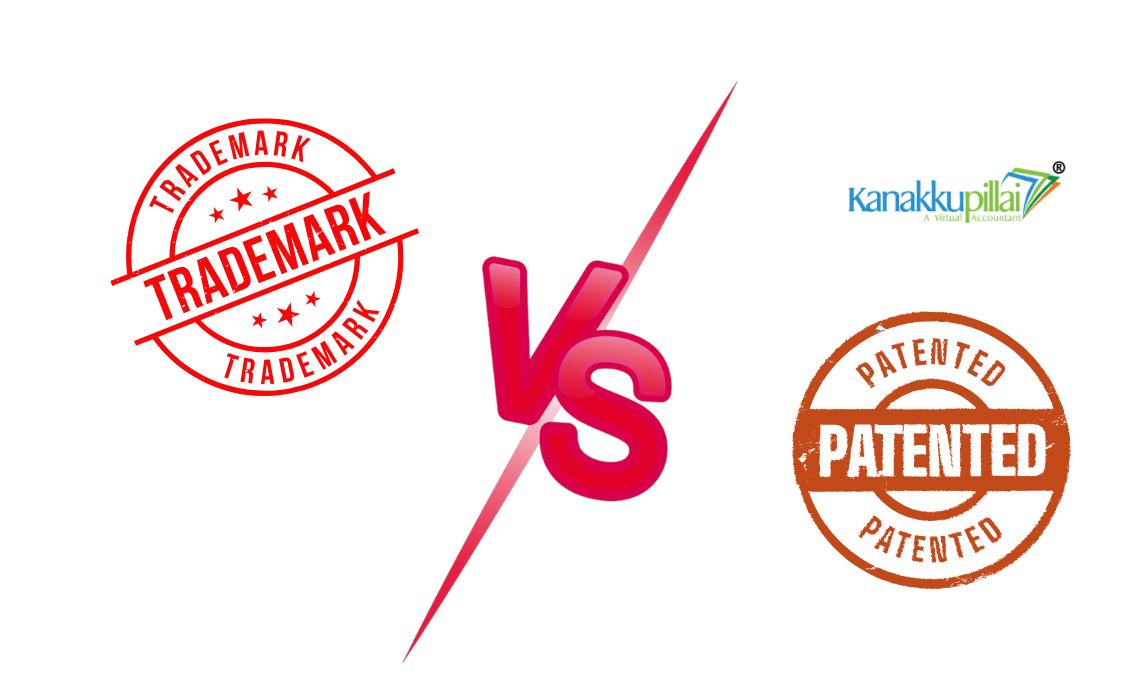In today’s competitive world, protecting your ideas and brand is important. However, many people get confused between trademarks and patents. While both are different types of intellectual property rights, they protect different things and serve different purposes. This blog will help you understand the basic differences between trademarks and patents in simple language.
What is a Trademark?
A trademark is a sign, word, logo, symbol, design, or a combination of these that helps identify, recognize, and distinguish the goods or services of one business from those of others. It protects your brand identity.
For example, the Nike “swoosh” logo and the word “NIKE” are trademarks. They help customers recognize Nike products and set them apart from other brands…!
A trademark can protect:
- Brand names
- Logos
- Slogans
- Packaging design
- Sounds (like the Nokia ringtone)
Trademarks help to build brand recognition and customer trust. By registering your trademark, you get the exclusive right to use it for the goods or services you sell. If someone else who tries to use a similar mark without permission, you can take legal action.
Trademarks can last forever if they are renewed every 10 years (in most countries) and continue to be used in business.
What is a Patent?
A patent protects new inventions or discoveries. It gives the original inventor the sole right to make, use, sell, or license the invention for a certain period, usually 20 years from the date of filing…!
Patents are granted for:
- New machines
- Products
- Processes
- Chemical compositions
- Improvements to existing inventions
For example, if someone invents a new type of engine that uses less fuel, they can apply for a patent. Once granted, no one else can make or sell the same invention without the inventor’s permission.
To get a patent, the invention must be:
- Novel: It must be new and not known to the public before.
- Inventive: It should not be obvious to someone skilled in the field.
- Useful: It must have practical application.
Patents encourage innovation by rewarding inventors with exclusive rights for a limited time.
Key Differences Between Trademark and Patent
1. What They Protect
- Trademark: Protects brand identity (words, logos, symbols).
- Patent: Protects new inventions, processes, or products.
2. Purpose
- Trademark: Helps customers identify and trust your brand.
- Patent: Encourages innovation by giving inventors exclusive rights.
3. Duration of Protection
- Trademark: Can last indefinitely with renewal.
- Patent: Usually, it lasts 20 years from the filing date…!
4. Requirements
- Trademark: Should be distinctive enough to identify the source of goods/services.
- Patent: Must be new, inventive, and useful.
5. Registration Authority (India Example)
- Trademarks are registered with the Controller General of Patents, Designs & Trade Marks.
- Patents are usually granted by the Indian Patent Office.
6. Examples
- Trademark: Coca-Cola’s name and logo.
- Patent: The formula of Coca-Cola (if it had been patented, but it’s actually kept as a trade secret).
Do You Need Both?
Depending on your business, you might need both. For example, if you invent a new type of water bottle, you can patent the unique design or mechanism. At the same time, you can trademark the brand name and logo you use to sell the bottle. This way, your invention and your brand are both protected.
Why is it Important to Protect Your Intellectual Property?
- Stops others from copying your work or brand.
- Provides you sole rights to use your brand or invention.
- Adds value to your business. Investors and buyers often check whether intellectual property rights are in place.
- Builds reputation and trust with customers.
- Helps avoid legal disputes with competitors.
Conclusion
Trademarks and patents serve different but important purposes. Trademarks protect your brand identity and recognition, while patents protect your inventions. Both help you stand out in the market and secure your rights.
Before you launch a new product or brand, it’s a good idea to talk to a trademark or patent attorney. They can guide you on what protection you need and help you with the registration process…!
Remember: registering your intellectual property is not just a legal formality; rather, it’s an investment in your business’s future and its protection. Don’t leave your brand or invention unprotected—secure your rights and grow your business with protection and confidence…!
Related Services





